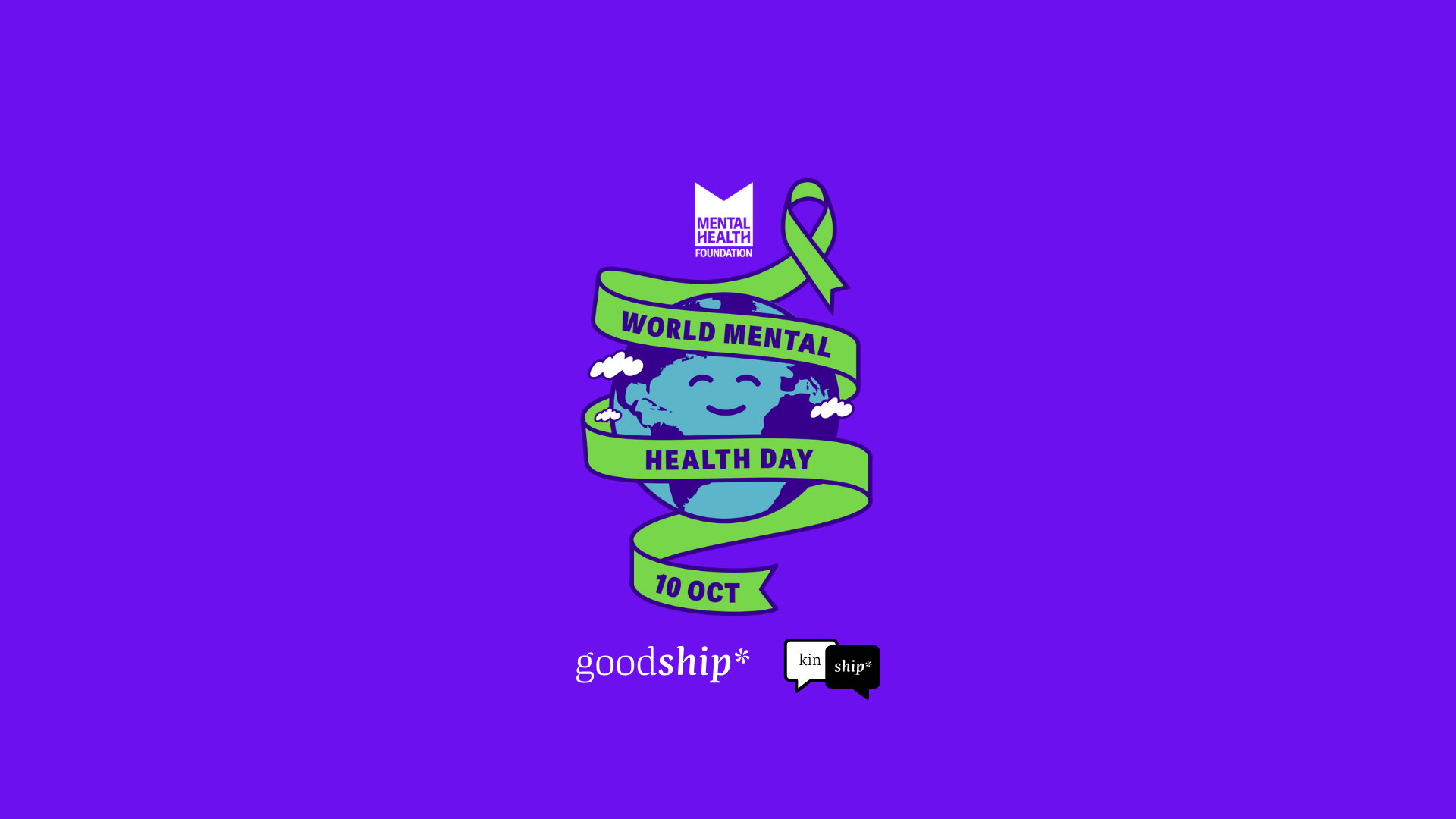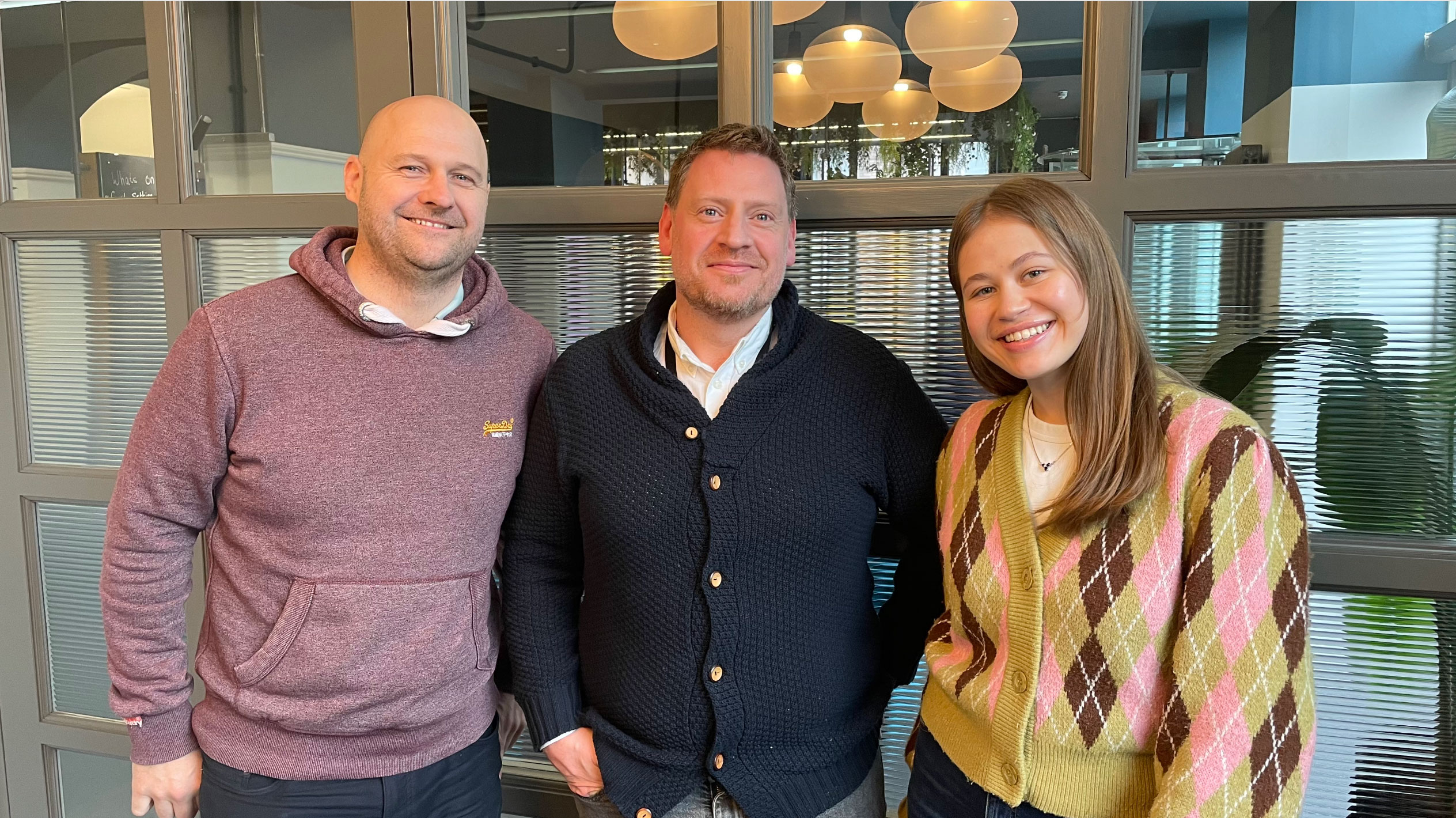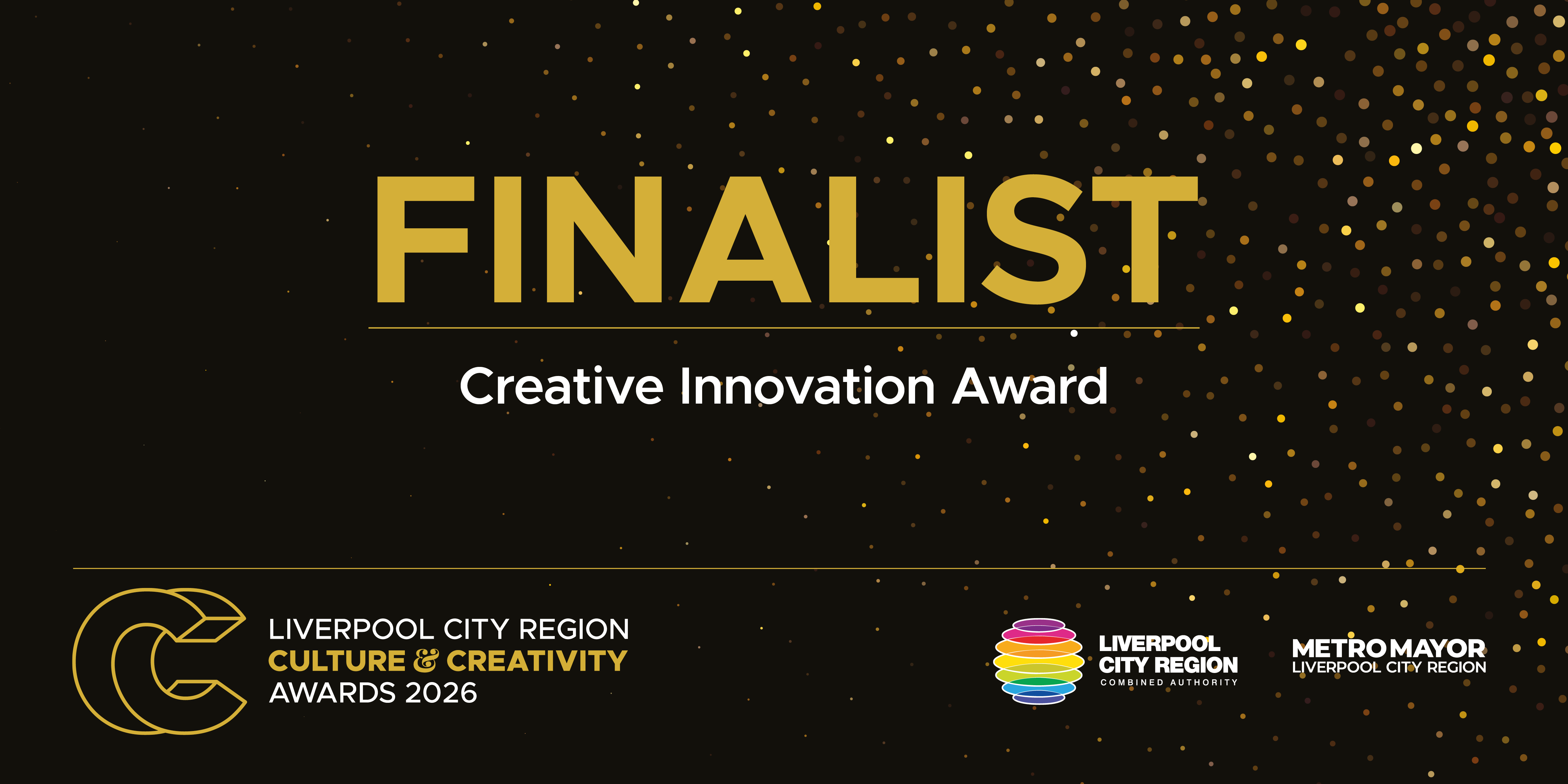Protecting Your Wellbeing as a Founder or Leader
Focusing on World Mental Health Day, this piece argues that for founders and leaders, effective self-care, which involves setting boundaries and allowing for rest, recovery, and reflection, is not just a personal matter but a strategic business necessity due to the intense, often invisible weight of leadership.

The last two years or so have been a real rollercoaster for many of us. For me personally, it’s been marked by profound loss, losing my mum and a close friend, alongside a major professional shift, stepping away from an old venture to start afresh. These moments force you to hit the brakes and really consider what matters: how you protect your mental energy and the company you choose to keep.
Sometimes, looking after yourself means changing your surroundings, your habits, or even your core circle. How we see life, business, and opportunity often boils down to the people who influence our daily outlook.
As today marks World Mental Health Day, it feels right to talk about the reality of looking after your mental health when you're a founder or leader. We spend so much time focused on growth, performance, and innovation, but we simply don't talk enough about rest, recovery, and reflection.
The Invisible Weight of Leadership
Running a business or leading a team brings huge freedom and purpose, but it also carries an invisible weight. Founders and directors are expected to be the rock, to make the tough decisions, stay positive, and inspire others, even when things feel chaotic behind the scenes. That emotional and mental load is intense, particularly when personal challenges pile on top of professional ones.
What I've learned is a classic British understatement, but true: you can't pour from an empty cup. If you don't actively protect your energy, set firm boundaries, and allow space for your own wellbeing, the quality of your decisions and your key relationships will eventually suffer. This isn't just a personal failing; it's a strategic risk to your business.
Finding Your Safe Harbour
One of the simplest yet most powerful things I’ve learned is the value of an honest chat with a peer, these often labels in my diary as ‘Walk & Whinge’ . These moments can completely shift your mindset. They help you see problems from a new angle, stop the cycle of self-criticism, and quieten that insidious companion many leaders know: procrastination.
Procrastination catches all of us, but it can feel especially heavy for those of us with neurodiverse ways of thinking and working. We often get caught in cycles of perfectionism, overthinking, or a fear of starting. But change happens through action, structure, and self-compassion, not self-judgement.
That's precisely why we built GoodShip* and our KinShip community.
GoodShip* is not just another agency; it's a safe harbour for our partners, clients, founders and leaders. It’s a community where you can drop the mask and share what’s truly going on, the uncertainty, the stress, the imposter syndrome. Our dedicated peer community, KinShip, provides the connection, relationship, and knowledge-sharing environment that turns isolated struggle into shared wisdom, helping you move from feeling stuck to taking meaningful action alongside people who truly get it. We provide the structure and support to guide you through your challenges.
Building Small, Protective Habits for Resilience
For me, some of the key things that make a difference (when I remember to do them) are:
- Plan time for movement: Whether it's a walk or a proper workout, exercise clears the mind and brings much-needed perspective.
- Plan time for thinking: Dedicated space to reflect and strategise, not just to react to the inbox.
- Plan time for doing nothing: Genuine rest without the guilt or the nagging to-do list.
These might sound basic, but they are often the first things to go when work gets busy. Yet, they are the very foundation for resilience. When you deliberately make time for wellbeing, you create a buffer between yourself and burnout. Through GoodShip*, our services and mentoring are designed to help you not just make this time, but to hold yourself accountable to it.
Peer Support: A Strategic Advantage
If there’s one piece of advice I’d give to every leader, it’s this: build a trusted peer group.
Find people who genuinely understand the pressures you face, who you can be 100% honest with, and who will call you out gently when you start spiraling into self-doubt. This level of authentic relationship is at the heart of our KinShip community.
When you share what’s really happening, you immediately take away its power. Talking is not just cathartic; it’s strategic. It helps you process emotion, gain vital perspective, and often find better solutions than you would have alone, thanks to the collective knowledge within your peer group. It's how we support each other to lead with integrity and longevity.
Mental Health is a Leadership Skill
Good leaders don’t just manage teams; they create cultures where people feel safe, supported, and human. And that starts with how we treat ourselves.
Protecting your wellbeing as a leader isn’t a luxury or simply 'self-care'; it's an act of responsibility. When leaders are grounded and self-aware, they make calmer decisions, communicate better, and model a healthy balance for their teams.
We need to redefine success as building something that grows without destroying you in the process. That's not weakness; that's wisdom and sustainable leadership.
Some ways to integrate wellbeing into leadership:
- Normalise conversations about stress, burnout, and mental health.
- Encourage rest, take your holidays and make sure your team does too.
- Model boundaries, if you send emails at midnight, your team will think they should too.
- Celebrate vulnerability, showing honesty about challenges builds real trust.
Final Thoughts
The last year and a half taught me that wellbeing isn’t an afterthought. It’s a daily practice, and sometimes it's hard work. You won’t always get it right. But each time you pause, connect with yourself or a trusted peer and reset, you take a step toward a healthier version of yourself, and, by extension, a healthier, more sustainable organisation.
As we reflect on World Mental Health Day, I’d encourage every founder, director, and manager to take stock.
- Who are the people around you?
- When was the last time you rested properly?
- What small habits could you build this week to protect your wellbeing?
Sharing problems, slowing down, and giving yourself space isn’t a failure, it’s how we keep going, how we keep creating, and how we lead with empathy and purpose.
World Mental Health Day Call to Action
As we close this reflection on World Mental Health Day, remember that prioritising your wellbeing is not a luxury, but an act of strategic responsibility. While building resilience through small habits and peer support (like the KinShip community) is vital, there are moments when the invisible weight of leadership becomes too heavy to bear alone. Access to services is the critical safety net we must all know how to deploy.
If you are struggling and need immediate, anonymous support, or a clear pathway to professional help, please know that resources are readily available. Access is the first step toward recovery, and a network of dedicated organisations exists to support you right now. No matter where you are or what you are facing, help is available:
- For a gateway to mental health support services across the UK, use the Hub of Hope to find local, national, and community resources in one place.
- If you are in crisis and need to talk, the Samaritans are available 24 hours a day, 365 days a year. Whatever you're going through, call them for free any time, from any phone, on 116 123
- The Campaign Against Living Miserably (CALM) offers a helpline and webchat dedicated to preventing suicide.
- Crucially, your local GP is always a vital first port of call for confidential, professional guidance and referral to NHS mental health services.
To learn more about broader mental health initiatives and campaigns, you can also visit the Mental Health Foundation's World Mental Health Day page. Sharing problems, slowing down, and giving yourself space isn't a failure, it's how we keep going, how we keep creating, and how we lead with empathy and purpose.
Related articles


Explore our collection of 200+ Premium Webflow Templates


